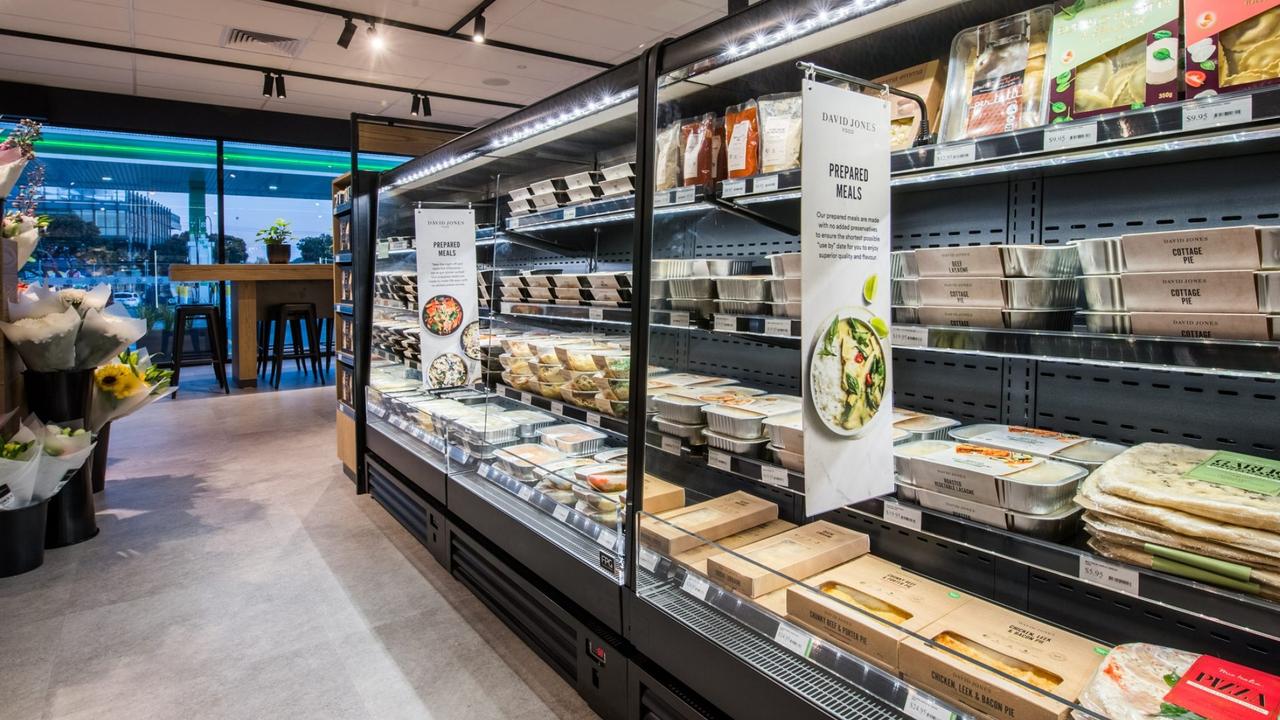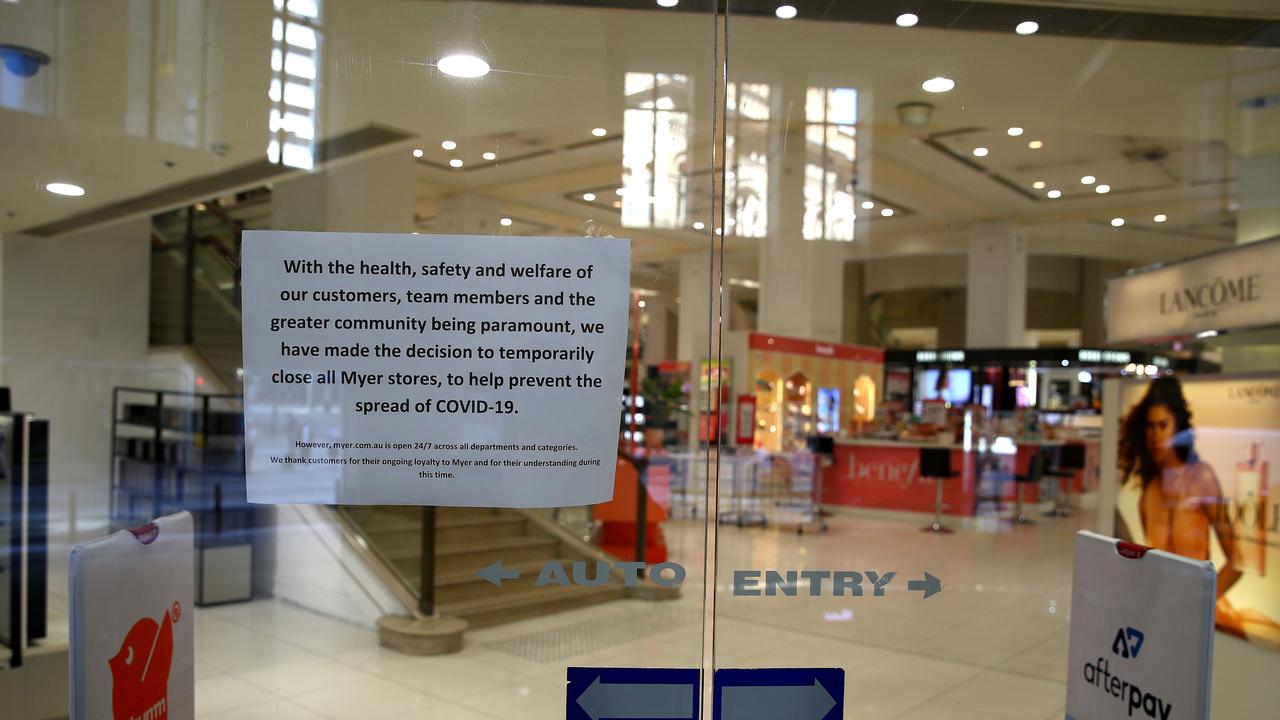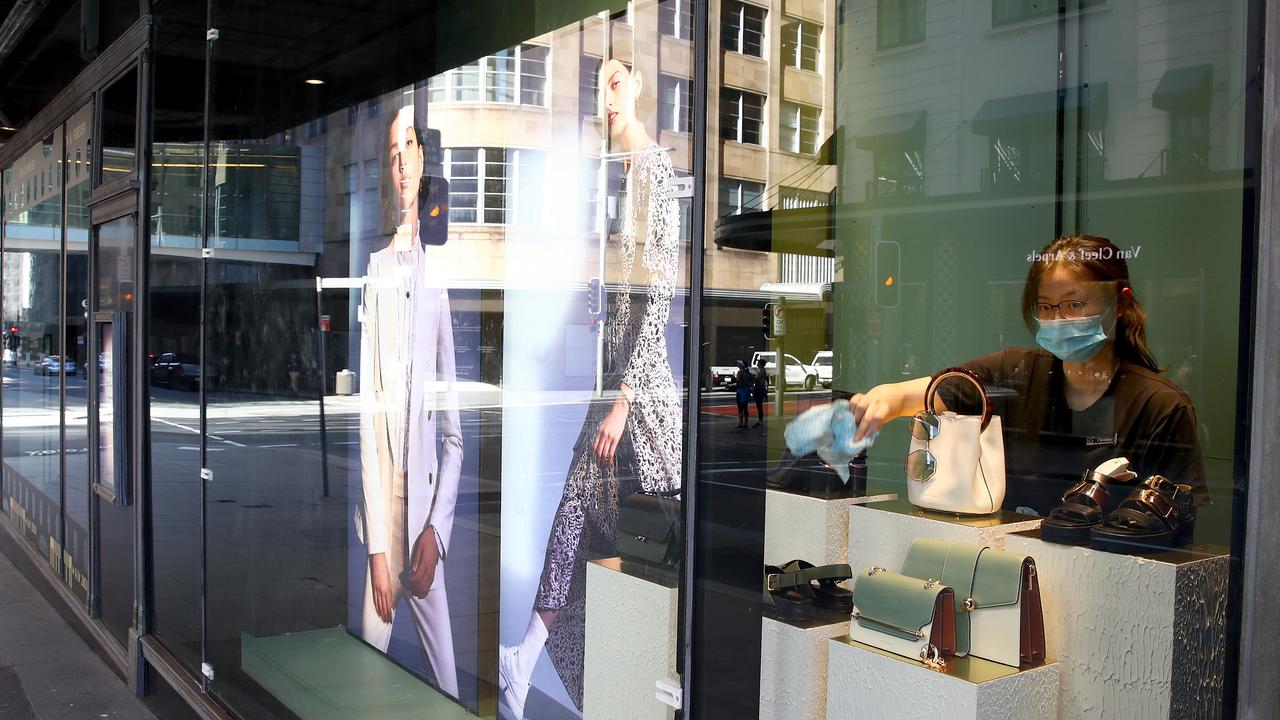Why David Jones, Myer stores need to adapt to stay relevant
Things were looking up for David Jones and Myer but then the pandemic hit and profits plummeted. Now they’ve got another problem to solve.

COMMENT
I want Australia’s two big department stores to succeed. Even though I don’t visit them all that much any more, I want them to last. Not all department stores do.
In the US, department stores like J.C. Penney, Barneys, Sears, and Neiman Marcus have all filed for bankruptcy in the last little while, while in the UK Debenhams has gone into administration three times in a year and is looking for a buyer to avoid liquidation.
Myer and David Jones are a huge part of Australian retail. They’re big employers with tens of thousands of employees and they’re iconic Australian brands (even if David Jones is now owned offshore).
If they can both survive, that’s the best case scenario. But they need to adapt fast, because experience all around the world is showing us that keeping on doing the same things is a great way for department stores to end up dead.
RELATED: Blow Kmart might not recover from

Department stores have been having an excruciatingly hard time adapting to the new retail environment, but I’d been watching Myer and David Jones and they were slowly making progress. Online sales were creeping up. Off a very low base, to be sure, but rising. Myer changed its CEO and David Jones was experimenting, doing things like putting David Jones branded food outlets in service stations, trying to be relevant.
RELATED: ‘Clever trick’ to JB Hi-Fi’s success

Myer and David Jones both managed a profit in the 2019 financial year. Myer’s was very slightly higher than the year before, while David Jones’ wasn’t but it had the excuse it was renovating its flagship Sydney store.
Then coronavirus hit. 2020 has come along at exactly the wrong time for these two big ships. They are trying to steer to get back on course and then a storm arrived.
I opened the latest financial reports from the two big companies with trepidation. Myer’s report came out first, and it was grim reading.
Myer sales fell 16 per cent. Despite accessing JobKeeper and doubling their online sales they reported a statutory net profit of negative $172 million (including the cost of redundancy rounds and writing down the value of brand names by $95 million.)
RELATED: Graph shows what’s killing Aussie malls

Then David Jones results came out. Their troubles started almost as soon as 2020 began. When Chinese tourism was banned, David Jones failed to make their usual sales during the Lunar New Year Holiday. Then lockdowns swept through, leaving shopping malls empty.
While most stores were able to stay open, they didn’t see many customers. Sales fell 17 per cent in the first six months of this year.
That’s not actually as bad as it would have been without a big boost to online. David Jones doubled its online sales in the year and they contributed a meaty 18 per cent of all sales in the last six months. That’s a hopeful sign.
The whole point of department stores was bringing together many things in one place so that shoppers could find things they didn’t know about. But now we have the internet. People find things they want online. Department stores need to be brilliant at online sales, or they’re going to get beaten.

The other problem with department stores adapting to the new environment was when they were not the exclusive stockists of the goods they sold. These days, if you’re selling something that’s available in multiple places you need to be the cheapest. People can Google prices. Exclusivity is what gives big shops pricing power. It’s why Uniqlo and H&M don’t sell Levis and Nikes. They got big selling their own brand because then they don’t have to compete on price. Myer now has a focus on products that are ‘Only at Myer’. And that is smart.
On top of its loss, DJs is selling of their property portfolio. I know businesses want to focus on their core competencies these days but there’s something about selling the land out from under your own feet that seems risky. It received $120 million for its Bourke Street store. That money helps them adapt, but you can only spend it once. Then it’s gone and you still need to pay rent.
Here’s hoping David Jones and Myer do enough of the right things that they can pay rent for a long time to come. It’s not going to be easy.
Jason Murphy is an economist | @jasemurphy. He is the author of the book Incentivology.




